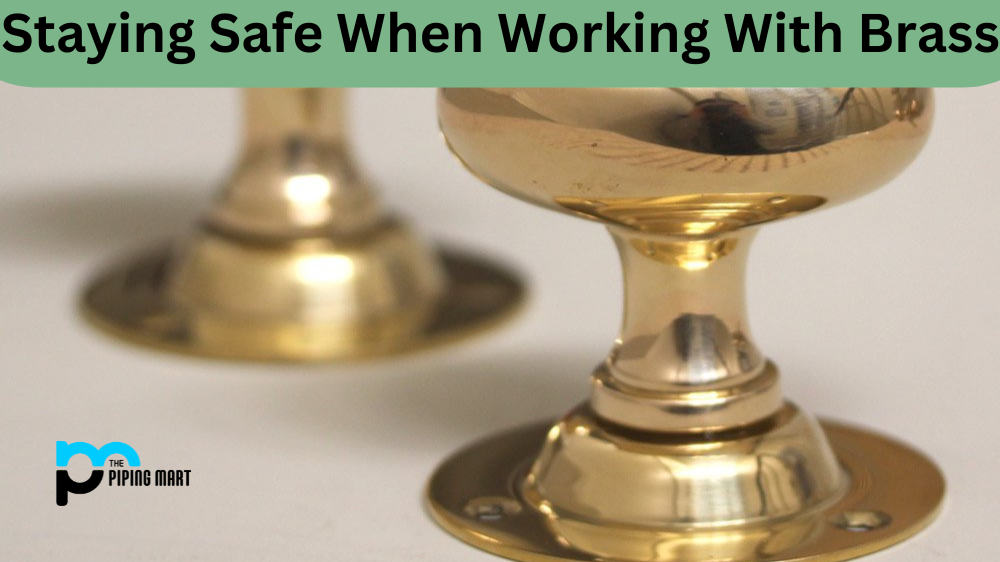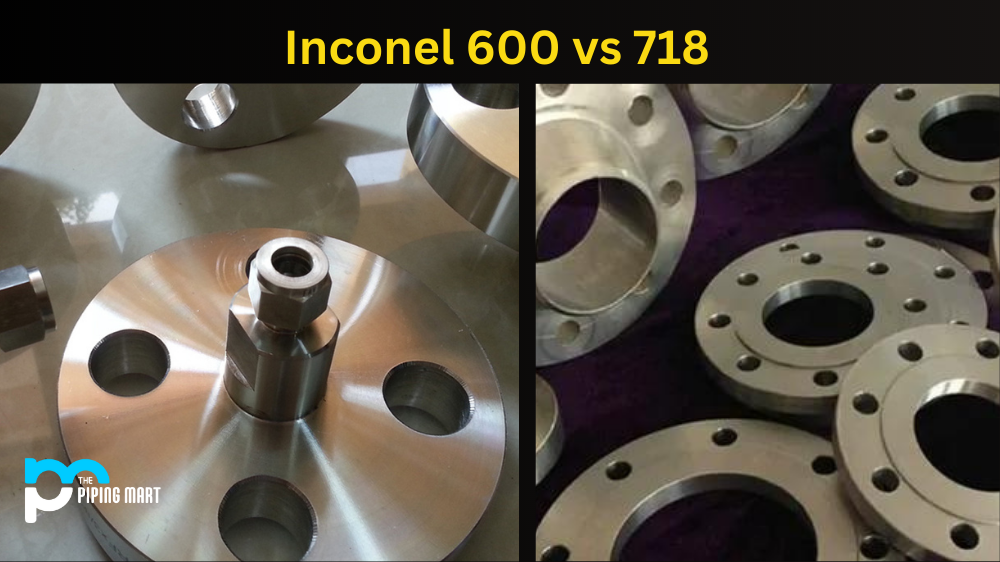Brass is an incredibly versatile metal alloy that has been used in a variety of industries for centuries. It’s strong, durable, and resistant to corrosion—making it ideal for use in construction and manufacturing. But while brass certainly has its advantages, it’s important to be aware of the health and safety considerations when working with this material. Let’s take a closer look at how you can stay safe while working with brass.
Dealing With Fumes & Dust Particles
When brass is heated or cut, it produces fumes that contain zinc oxide and other hazardous metals. Exposure to these vapors can lead to serious health issues like respiratory problems and skin irritation. To protect yourself, always wear protective gear such as respirators, face shields, gloves, long-sleeved shirts, and long pants when dealing with hot brass or grinding/sawing tools. Additionally, make sure you are in a well-ventilated space when working with brass so that the fumes are properly dispersed.
Watch Out For Spills & Splashes
Working with molten brass carries the risk of spills and splashes that can cause burns or chemical exposure if they come into contact with your skin. Always wear appropriate safety equipment when working with molten materials—safety goggles are recommended to protect your eyes from any flying sparks or debris. Additionally, wear cloth gloves whenever possible to reduce the risk of injury due to heat transfer.
Keep Your Work Area Clean & Tidy
It’s also important to keep your workspace clean in order to prevent any slips or falls due to loose material on the floor. Make sure all scrap materials are disposed of properly after each job so that your workspace remains organized and clutter-free. Additionally, keep flammable materials away from areas where you will be heating up or cutting brass—this will help decrease the risk of fire hazards as well as limit the possibility of toxic fumes being released into the air.
Conclusion:
As you can see, there are a number of health & safety considerations that must be taken into account when working with brass. Wearing protective gear such as respirators and face shields will help reduce exposure to hazardous fumes; wearing gloves and long sleeves will help protect against spills and splashes; and keeping a clean workspace will help prevent slips or falls due to loose material on the floor. By following these guidelines—and being mindful of potential risks—you can ensure a safe environment for yourself while still getting all the benefits of using this incredible metal alloy!

Abhishek is a seasoned blogger and industry expert, sharing his insights and knowledge on various topics. With his research, Abhishek offers valuable insights and tips for professionals and enthusiasts. Follow him for expert advice on the latest trends and developments in the metal industry.




